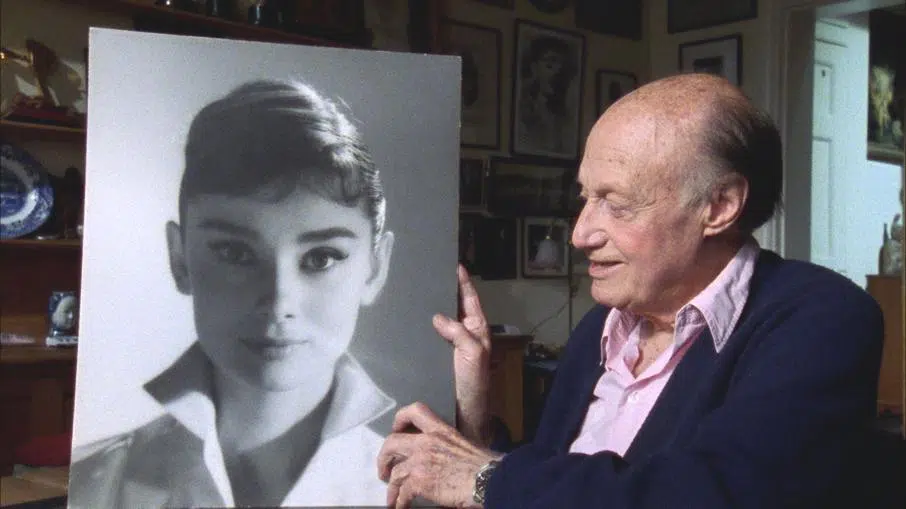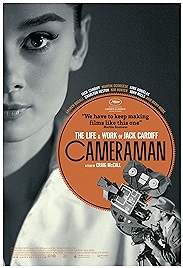A movie for every day of the year – a good one
27 July
Vincent Van Gogh shoots himself, 1890
What is it that everyone knows about the painter Vincent Van Gogh? That he cut off his ear. And perhaps a lot of people also know that he killed himself. But it seems to have been forgotten that he shot himself.
But he did, on this day in 1890. Having lived in a variety of places in his native Netherlands, London and Paris, Van Gogh had finally moved to Arles in 1888, where he was to have the artistic breakthrough and produce the work he is still remembered for.
He was also behaving erratically, psychotically, as he had done his whole life. Earlier in 1890 he had called at a local brothel and given his severed ear to a girl called Rachel: “Keep this object like a treasure,” he had implored. On recovering in hospital, Van Gogh had returned home, but had soon admitted himself to an asylum.
On his release he moved to Auvers-sur-Oise to be near his doctor and his brother, Theo. He seems to have switched between mania and deep hallucinatory depression at this time, either producing huge amounts of paintings or barely functioning at all.
On 27 July 1890 he shot himself in the chest while out in the countryside, but the bullet bounced off a rib and missed his major organs. In fact he walked back to the auberge where he was staying, was treated by doctors, then went to bed, smoking his pipe.
His brother arrived the next day and found Van Gogh in good shape, but infection soon set in and Vincent died later that day. His last words were “the sadness will last for ever.”
Cameraman: The Life and Work of Jack Cardiff (2010, dir: Craig McCall)
Jack Cardiff probably shot one of your favourite films. Having been the lighting cameraman who worked on everything from Black Narcissus and The African Queen to Conan the Barbarian and Rambo II, he covered a lot of the waterfront, bringing a distinctive eye and commitment to every project he worked on. This documentary about him is an unashamed homage to a man who was working until two years before he died, aged 95, in 2009, having joked to director Craig McCall four years earlier, aged 91, that he was finding it physically harder to do the work – “I’m going to have to scale it back in about ten years.”
It took 13 years for McCall to get this documentary finished, and along the way some of his interviewees – Charlton Heston, Richard Fleischer, Cardiff himself – died. But the 13 years weren’t wasted, as McCall managed to get Lauren Bacall, Kirk Douglas, DP Freddie Francis and a raft of other famous names and/or faces to testify to the Cardiff effect. Chief booster is Martin Scorsese, who owns his own print of Sons and Lovers, one of the few films Cardiff also directed, and whose enthusiasm for the cinematographer is infectious.
If there is one thing to take away from Cameraman, it’s that to be any good at anything, it’s vital to have input from somewhere else. In Cardiff’s case it is painting, with Cardiff effusive in his love of Van Gogh, Turner and the impressionists – “the National Gallery was my film school” says Britain’s first cameraman to be trained to shoot colour. And the film really soars as Cardiff explains how, for example, he referenced Vermeer to get the look of Black Narcissus, a film which, along with other Powell/Pressburger films The Red Shoes and The Life and Death of Colonel Blimp, are among the most beautiful Technicolor movies ever made.
But it’s only, mechanically, about moving lights about and getting huge cameras into position, all this cinematography lark. There isn’t, at bottom, much to say about one person’s artistic choices that the finished product hasn’t already said. It’s here that Cardiff comes into his own as a raconteur, telling stories about Henry Hathaway and Michael Powell, the prodigious drinking of Errol Flynn, how Bogart and Huston never got ill while shooting The African Queen in the Congo because they never drank anything but whisky.
And then there’s the archive – Dietrich and Monroe, Gina Lollobrigida and Ava Gardner. He knew how to light an icon. Even Cardiff’s home movie footage is pressed into service, and you realise that even with a Super 8 Cardiff was something else, one of those urbane, understated yet amazingly vital Englishmen of the old school. A gent.
Why Watch?
- A fascinating documentary about a legend of the movies
- The stars come out to pay tribute
- Scorsese acknowledges his debt
- Cardiff’s gossipy stories
Cameraman: The Life and Work of Jack Cardiff – Watch it now at Amazon
I am an Amazon affiliate
© Steve Morrissey 2014

